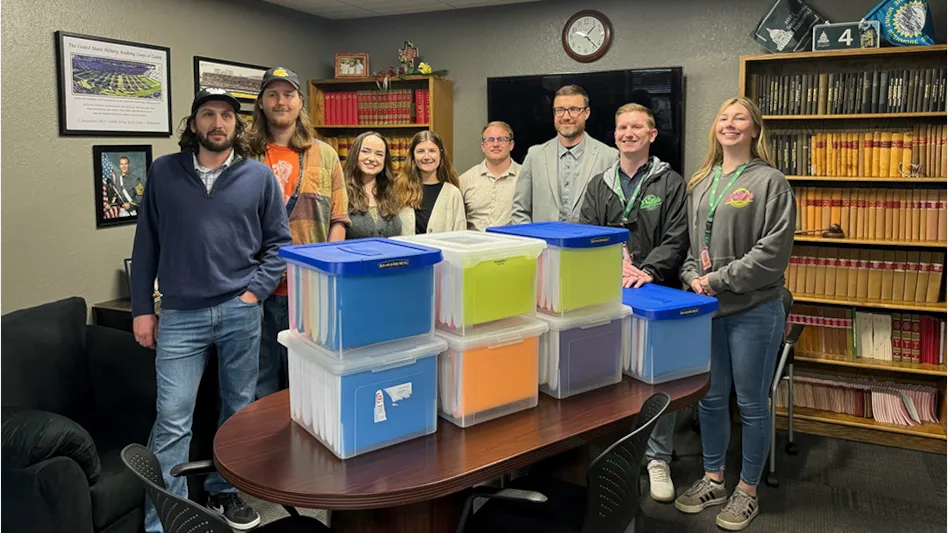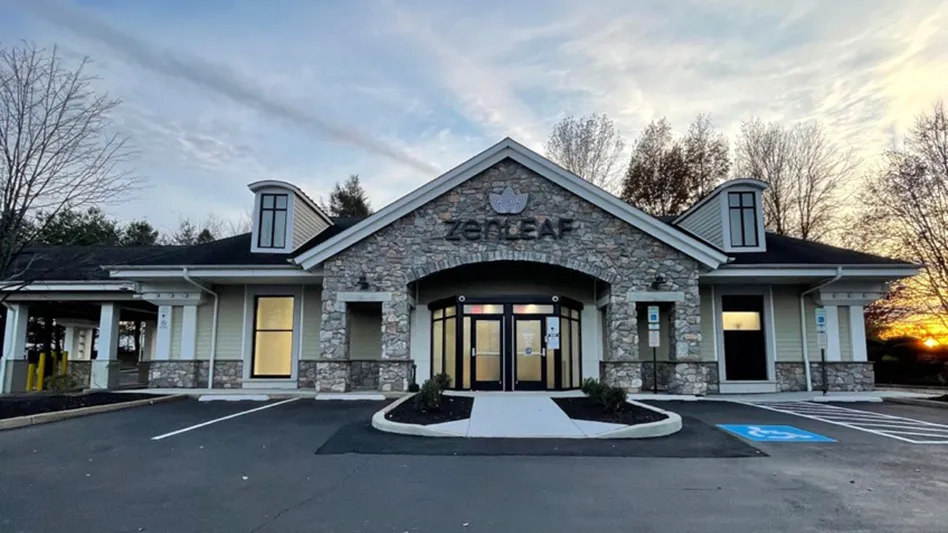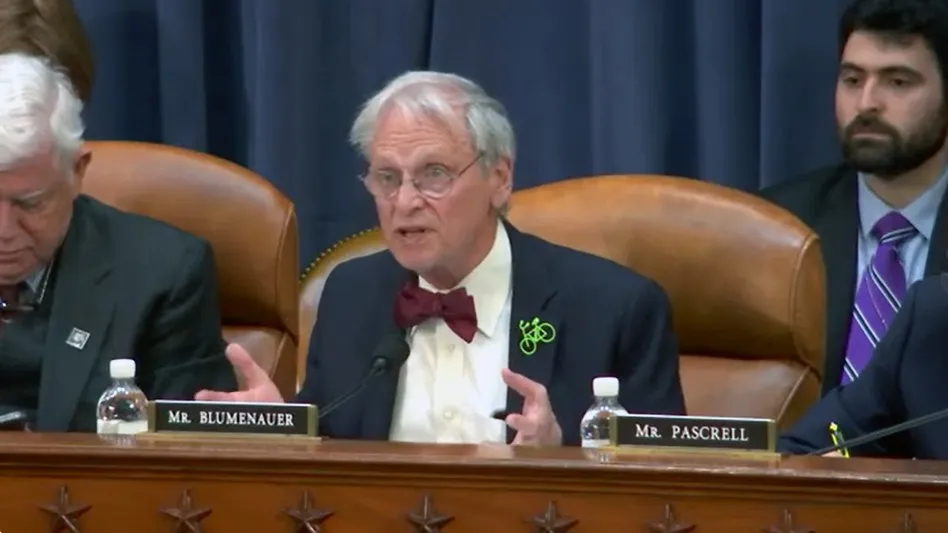
Courtesy of The Hemp Depot
When The Hemp Depot, a vertically integrated hemp and CBD company based in Denver, Colo., saw its revenues decrease dramatically in late February and early March, CEO Andy Rodosevich knew something was coming. Hemp seed sales, which ramp up in March before spiking from April through June, were all but halted. The company’s online retail sales were down 10 percent from the previous year. Customers who placed bulk orders were calling to have those orders put on hold.
One $500,000 deal that The Hemp Depot was about to fill for a company looking to sell CBD products in vending machines across the U.S. was delayed because “those vending machines are stuck in China,” Rodosevich tells Hemp Grower. The buyer doesn’t “want inventory with expiration dates aging in a warehouse, so the entire order is on hold.”
Seeing that the COVID-19 pandemic was going to have an immediate and lasting impact on the business and its employees, Rodosevich set two goals for the company. “One was to see if there was any way we could help. Two was whether we could keep our staff busy and we weren’t in a situation that we were going to have to lay anybody off,” the CEO says.
Rodosevich saw that one of the immediate market demands was for more hand sanitizer. So, The Hemp Depot began working with current supply chain partners to collect ingredients (including isopropyl alcohol and Vitamin E lotion) and packaging needed to manufacture hand sanitizer. The company also purchased 20 additional liquid filling machines. “We’re a liquid fillings company. Ninety percent of the products that we do are tinctures,” Rodosevich explains. Focusing on the company’s existing strengths allowed The Hemp Depot to go from concept to deliverable in only 7 days.
“This has been the easiest and quickest way to get ramped up and start being able to fill those orders and keep our staff busy and working full time,” Rodosevich says. He plans to have production ramped up to 100,000 units per week by May. The company started hand sanitizer production in March, and already has attracted government customers. The Hemp Depot’s main customer, currently, is the Regional Transportation District (RTD), a regional public transportation agency operating in Denver and surrounding counties. RTD already has received 5,000 2-ounce bottles and 100 1-gallon refills from The Hemp Depot, Rodosevich says.
One consideration for purchasing the equipment was ensuring that they are safe to use with a flammable solvent like isopropyl alcohol—The Hemp Depot’s standard tincture recipe, for which the filling equipment normally would be used, uses MCT oil, which is not flammable.
Rodosevich also specifies that the hand sanitizer, which retails for $3.99 per 2-ounce bottle or wholesales for $2 per bottle, does not contain CBD. This was important for The Hemp Depot to not tarnish the brand (there are more effective ways to deliver CBD to the body than hand sanitizer, the CEO notes), but also because “I didn’t want to have a product that was $29.99 and people are just in a panic because they want to have hand sanitizer so now they’re buying this grossly overpriced hand sanitizer to fill the actual need,” Rodosevich says. “The need that we have in this country right now is hand sanitizer, it’s not applying CBD to your hands 15 times a day.”
While not every extractor, processor or manufacturer will be able to convert operations to produce hand sanitizer at scale and cost effectively, Rodosevich says everyone can get creative.
“I think the country as a whole can look at creative ways to keep whatever they’re doing still working,” he says. “We still have so much ability in this country to figure out ways to keep the ball moving forward that if we can really just get creative, then we can salvage this economic crisis as much as possible.”
Latest from Cannabis Business Times
- Cannabis Rescheduling: Where Do We Go From Here?
- Verano Opens MÜV Haines City, Company’s 75th Florida Dispensary
- Ascend Wellness Holdings Reports $142.4M Net Revenue for Q1 2024
- Trulieve Reports $298M in Revenue for 1st Quarter 2024
- SNDL Reports 1st Quarter 2024 Financial, Operational Results
- Leading Cannabis Brand STIIIZY Expands Retail Presence With Fresno Location Opening Saturday, May 11
- The Cannabist Co. Reports 1st Quarter 2024 Results
- Green Thumb Reports $276M Revenue for 1st Quarter 2024





